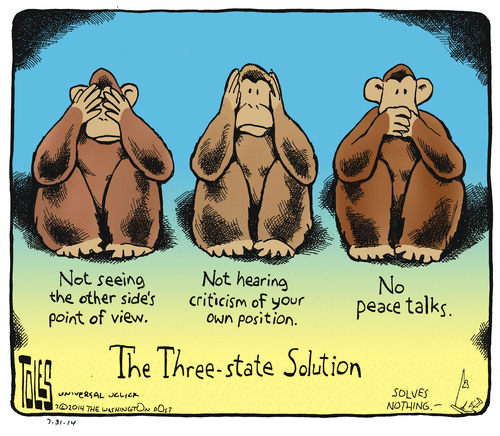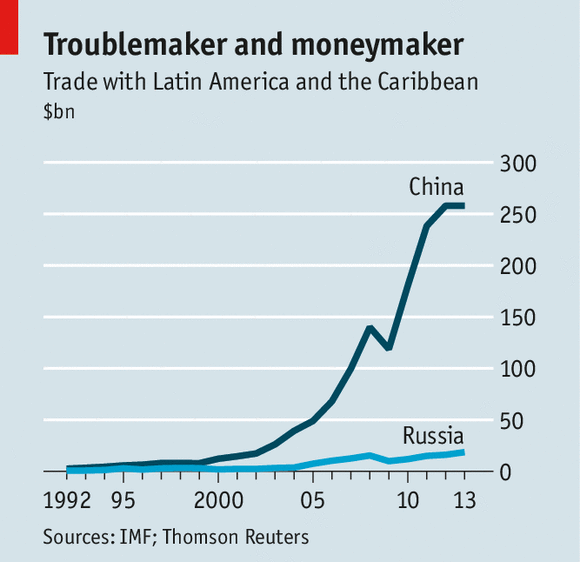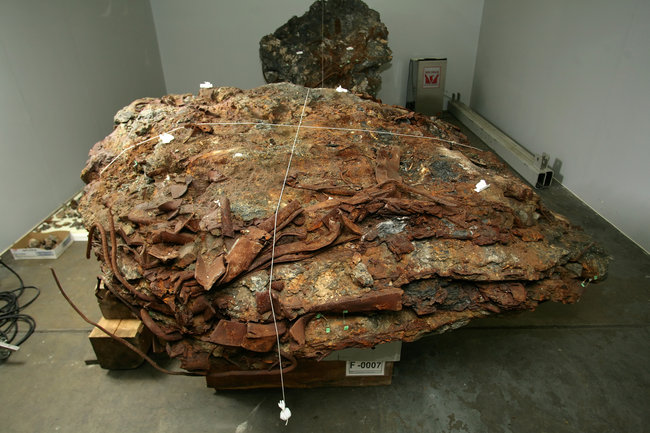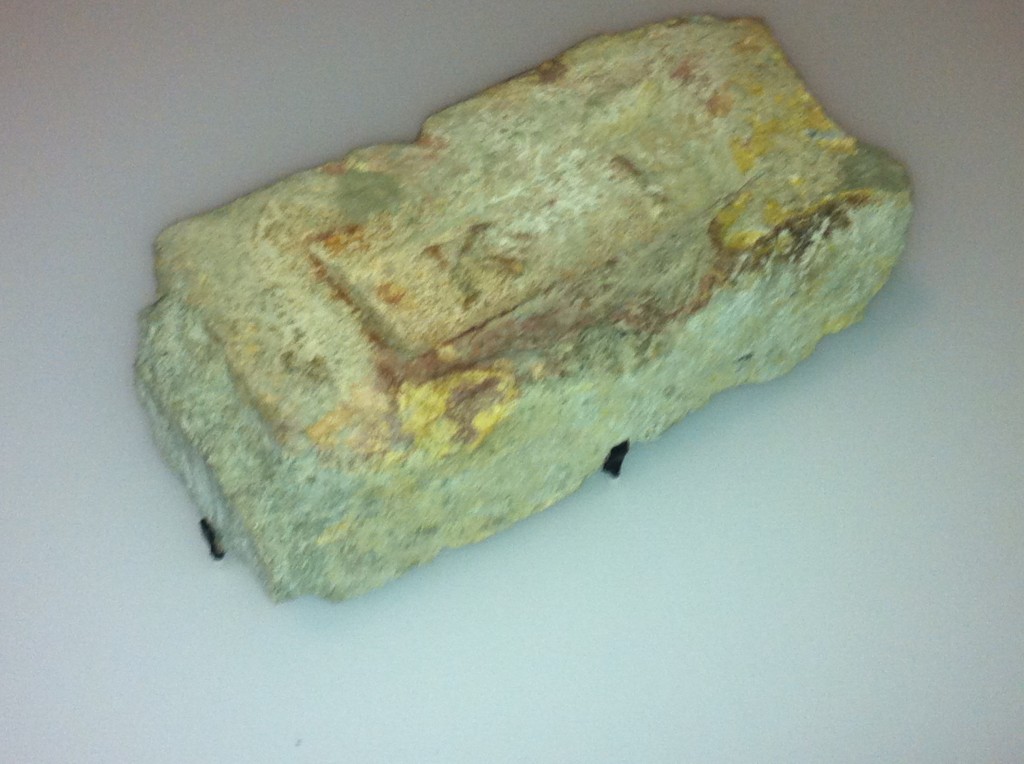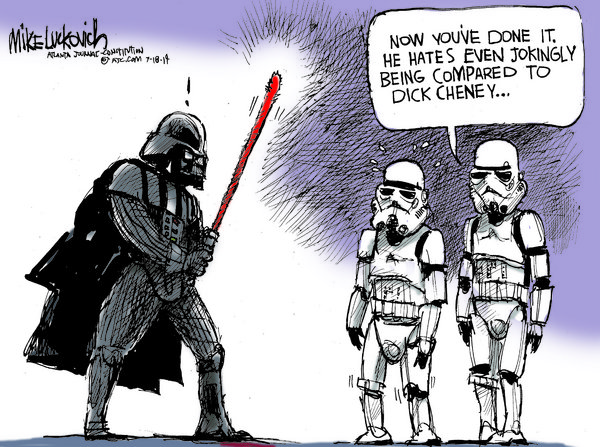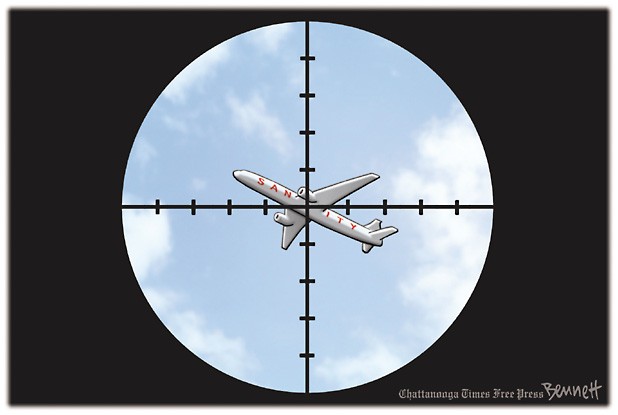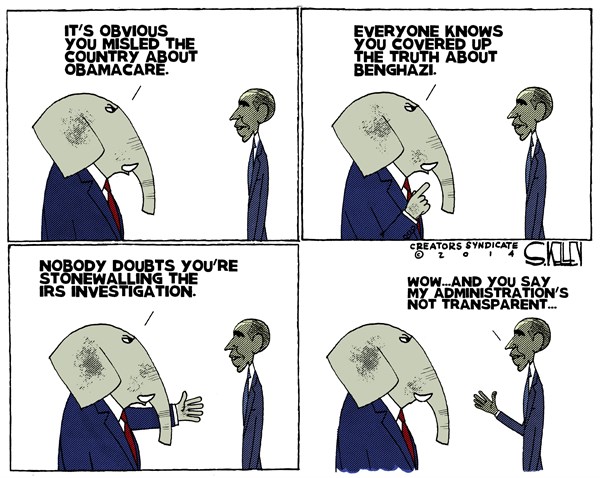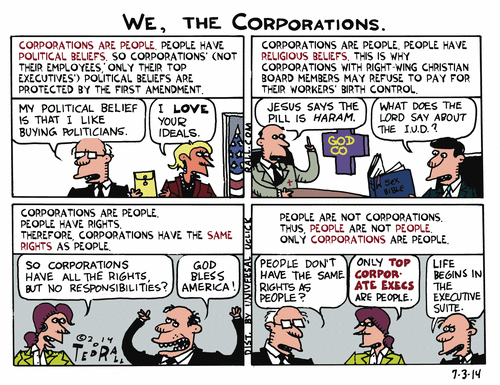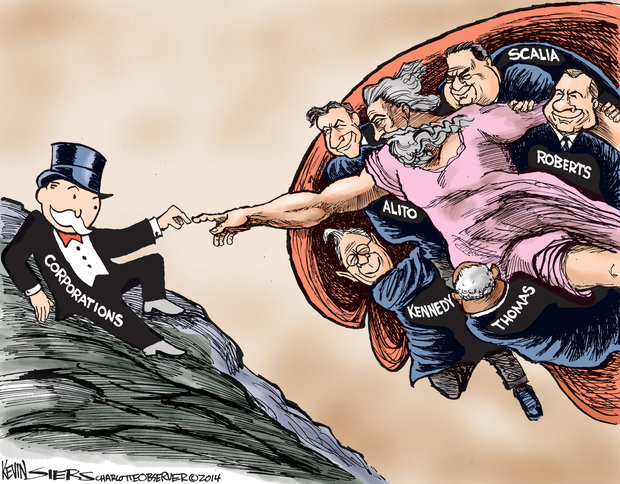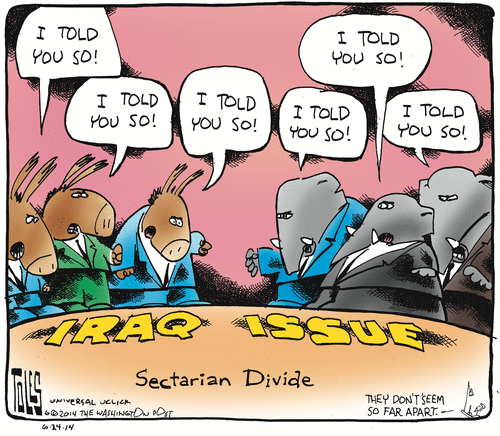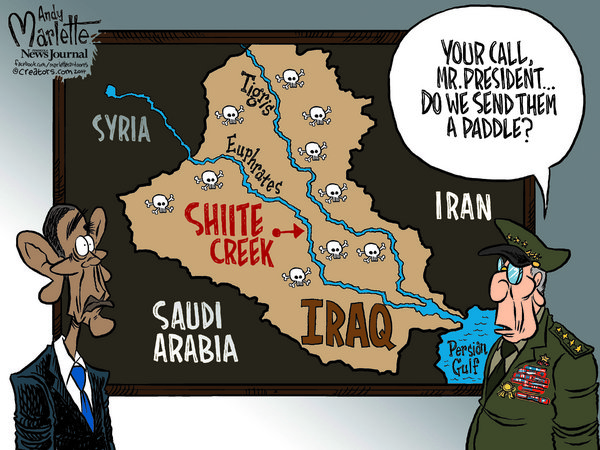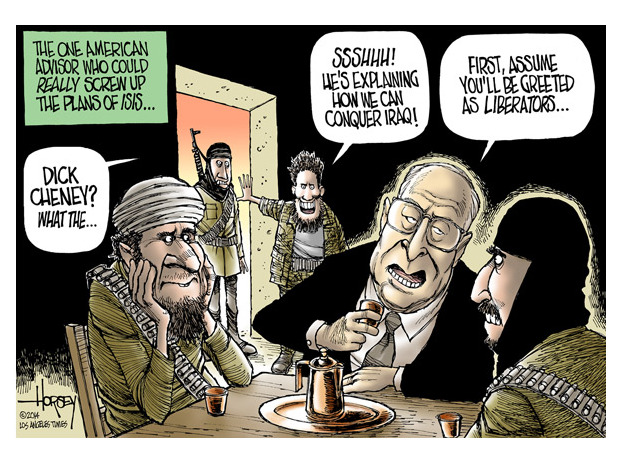This Part III of an unintentional three-part series on how the National Security State (NSS) has hurt our standing around the world. You can read parts I and II here and here. There is not a single aspect of American geopolitics that has not been infected by the NSS. In recent years, various foreign governments have occasionally expelled US agencies from their countries. We have assumed that this was a paranoid reaction by their undemocratic leaders to American goodwill.
Now, we can’t be so sure. It is increasingly obvious that the USAID is operating as a CIA front organization.
The AP reported last week that USAID funded a program in Cuba designed to spur anti-government activism among Cubans. It brought people from Costa Rica, Venezuela, and Peru to Cuba posing as tourists or health workers who were to lead HIV prevention workshops, but with the real goal of grooming opposition activists.
It’s not the first claim this year of political meddling in Cuba for USAID. In April, the AP uncovered a “Cuba Twitter” program also designed to undermine the Cuban government. It was a Twitter-like social media platform promoted by USAID that had about 40,000 Cuban users. And there’s more. In 2009, a USAID contractor was jailed in Cuba for alleged spying.
And we shouldn’t forget Pakistan, where the CIA used a hepatitis vaccination campaign as a cover to spy on Osama bin-Laden’s compound. One outcome from that effort was that our Seal team got Osama bin-Laden. But there were two bad outcomes: First, our agent, Dr. Shakeel Afridi went to jail, convicted as a spy for a foreign government. Second, Muslims all over the Middle East now reject the efforts at polio immunization as a Western ploy. Foreign Policy reports that the Centers for Disease Control says there were 416 reported cases of polio in the world last year and 99 of them were in Pakistan, a 60% increase from the prior year despite the availability of polio vaccine there since 1962. The problem is that the Taliban is shooting those administering the vaccine, and it has banned the vaccine outright. More than 60 polio vaccination health workers have been killed since the Pakistan ban was initiated in 2012.
Subsequently, the word has spread throughout the Middle East that those giving injections are CIA agents, and should be shot on sight.
Now we can add two cases this year where USAID has used subversion to try to overthrow the Cuban government. Cuba would open up far more quickly if the US ended its embargoes on Cuba, especially its ban on visits by Americans to Cuba. See the Wrongologist’s report on his trip to Cuba and our future relationship here.
USAID admitted the HIV workshop’s primary purpose was not HIV education: (brackets by the Wrongologist)
[It]…enabled support for Cuban civil society while providing a secondary benefit of addressing the desire Cubans expressed for information and training about HIV prevention.
Do any of you find it hypocritical that America is currently sanctioning Russia for its interference in the internal affairs of Ukraine while our government engages in similar practices in Cuba?
The fact that USAID is used by the CIA is a tragedy for all concerned, since it taints any good work that they perform. The AP quoted Charles Kenny, a senior fellow at the Center for Global Development, who said that suspicions over US programs would deepen in countries already wary of the United States: (brackets by the Wrongologist)
The problem is that, especially [when] it comes to public health, even with countries we don’t particularly like, we probably want to be able to cooperate…Take the Ebola outbreak. It crosses borders very rapidly. Even if the places where it happens aren’t places we want to touch, in public health emergencies, we want to help stop [outbreaks] from becoming bigger.
And like clockwork, on Tuesday USAID and CDC announced Ebola assistance for West Africa. We shall see how our USAID people are treated when they get there.
So, is this Obama’s Bay of Piglets? Our CIA is more interested in stoking a silly, and dangerous Cold War militarist world view wherever it can. The actions of our CIA and the resultant poor image of America is one reason China is more competitive than the US in Latin America and Africa. They don’t meddle politically, they just want a fertile business environment.
When a family member can’t stop doing something that is bad for him/her, the rest of the family gets together with the bad actor and have an intervention: they work together to try to get the person to change their ways.
John Brennan and the CIA need that intervention right now.




